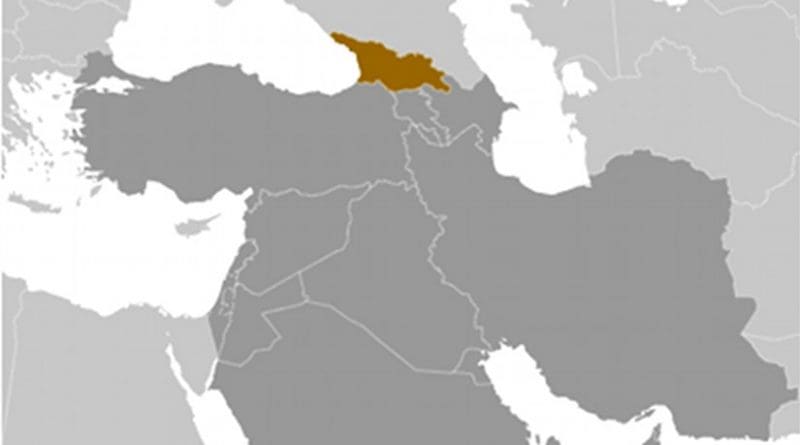Caucasus Context: US-Georgia Free Trade Agreement Prospects – Analysis
Caucasus Context speaks with independent analyst Aleko Scrivener about the prospects of a U.S.-Georgia Free Trade Agreement following Mikheil Saakashvili’s White House visit.
After Georgian President Mikheil Saakashvili met U.S. President Barack Obama in the White House, a highly touted takeaway from the meeting was the prospect of a U.S.-Georgia Free Trade Agreement (F.T.A.). Aleko Scrivener, an independent policy analyst and a fellow at the Georgian Institute of Politics, discussed the likely contours of the F.T.A. issue.
Evolutsia.Net: What are the benefits of a U.S.-Georgia Free Trade Agreement?
Aleko Scrivener: The purely economic benefits of a U.S.-Georgia F.T.A. are few, at least in the short term. Georgia’s negative trade balance with the U.S. rose in 2011 to reach $362 million and any deal on free trade could even make matters worse. In fact, many Georgian goods enter the U.S. duty-free anyway through G.S.P. [Generalized System of Preference], meaning that the major economic effect would be to further open the Georgian market to cheap imports. However, the real benefit of the deal for Georgia is to cement ties with the post-reset Obama administration and demonstrate to both internal and external audiences that the country hasn’t fallen off the U.S. regional agenda completely. In the longer term, it is hoped that the F.T.A. will encourage investment, although Georgia, despite recent credit rating improvements, is still seen to be a high-risk proposition, a perception that will be tough to shake owing to the fact that the country saw war only in 2008.
Evolutsia.Net: Georgia’s F.T.A. with Turkey is often blamed for exacerbating Georgia’s reliance on imported foodstuffs and dis-incentivizing development of the local agriculture industry. Could a U.S. F.T.A. produce similar externalities?
A. S.: The problems with Georgia’s chronically underperforming agricultural sector run far deeper than the 2008 F.T.A. with Turkey. Farmers lack the skills, equipment and facilities necessary for modern farming and more often than not products don’t make it from the farmhouse to the supermarket shelf due, among other things, to the insufficient supply chain infrastructure. As for the U.S.-Georgia F.T.A., many U.S. goods already enjoy relatively low tariff (or tariff-free) access to the Georgian market which may mean that the effect of the deal on the Georgian market is not great. Nevertheless, the F.T.A., by increasing downward price pressure in the already squeezed internal market, could push the prospect of a profitable agricultural sector further out of reach.
Notably, this deal is likely to differ from the Turkish F.T.A. in that Georgia will presumably be free to export agricultural products to the U.S., whereas the Turkish deal outlined exemptions which maintained tariff protection against Georgian agricultural produce. The devil is, however, very much in the details, and it will be a while before we get any specifics about any new U.S.-Georgia F.T.A.
Evolutsia.Net: How likely is an F.T.A. to happen in the short to medium term?
A. S.: Free trade negotiations are not renowned for their brevity, often taking several years to move from conception to adoption. However, Georgia’s proposed free trade agreement with the U.S.A. could move a lot faster than that for two reasons. The first reason is political — the Obama administration is keen to reward its Caucasian ally for coming to what was a very painful deal with its Kremlin enemies over Russian membership of the W.T.O. In a way, the U.S. is following the lead of the E.U., which made no secret of the fact that free trade negotiations with Georgia would become eminently more likely in the event of a deal over Russian W.T.O. membership. The second reason is that the cost to the US in lost customs revenue would be miniscule — U.S. customs received just $226,000 in tariffs on imports from Georgia in 2010.

